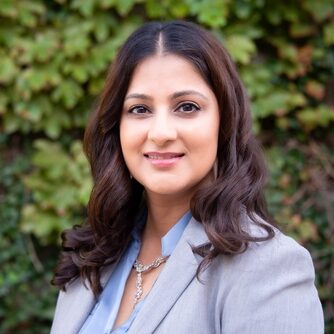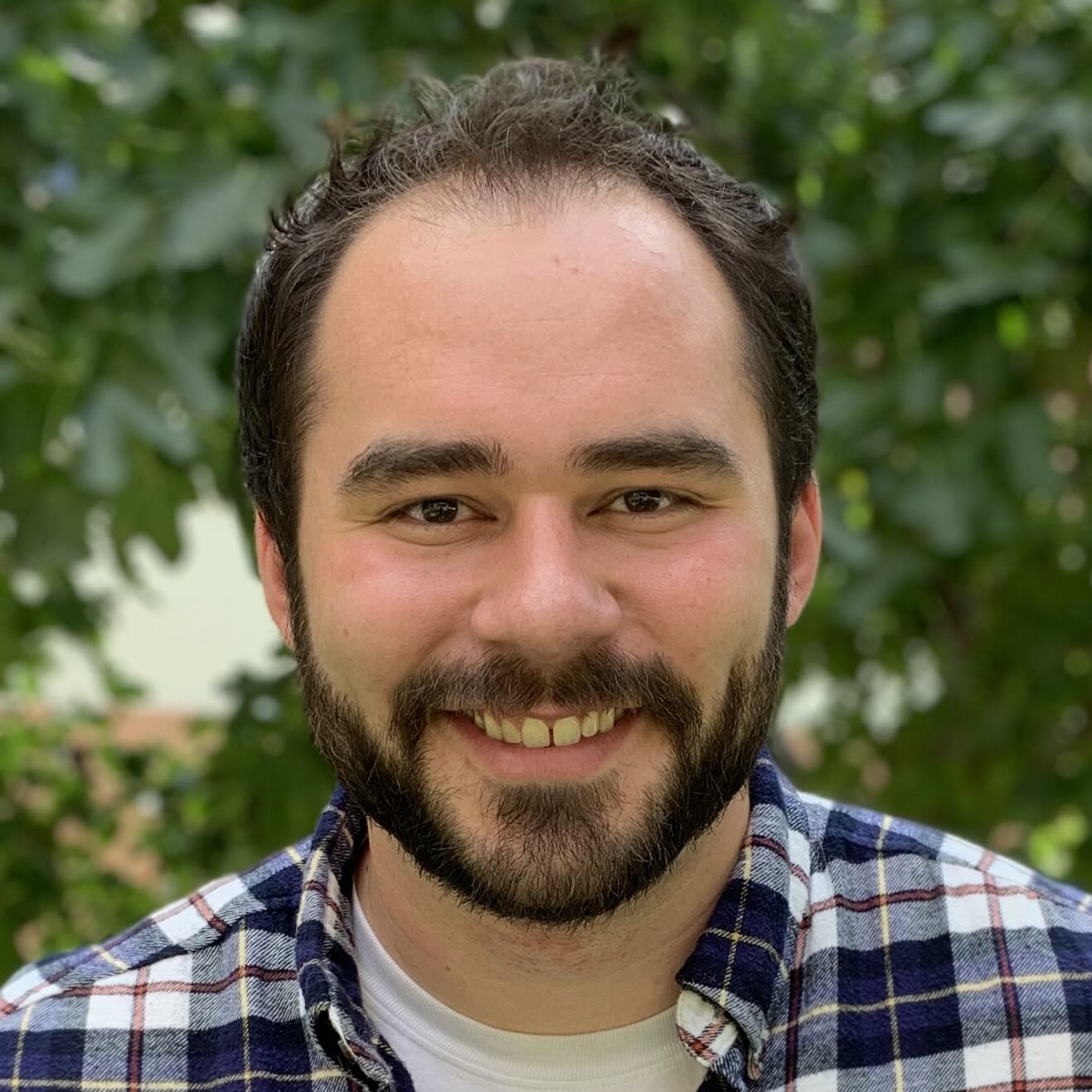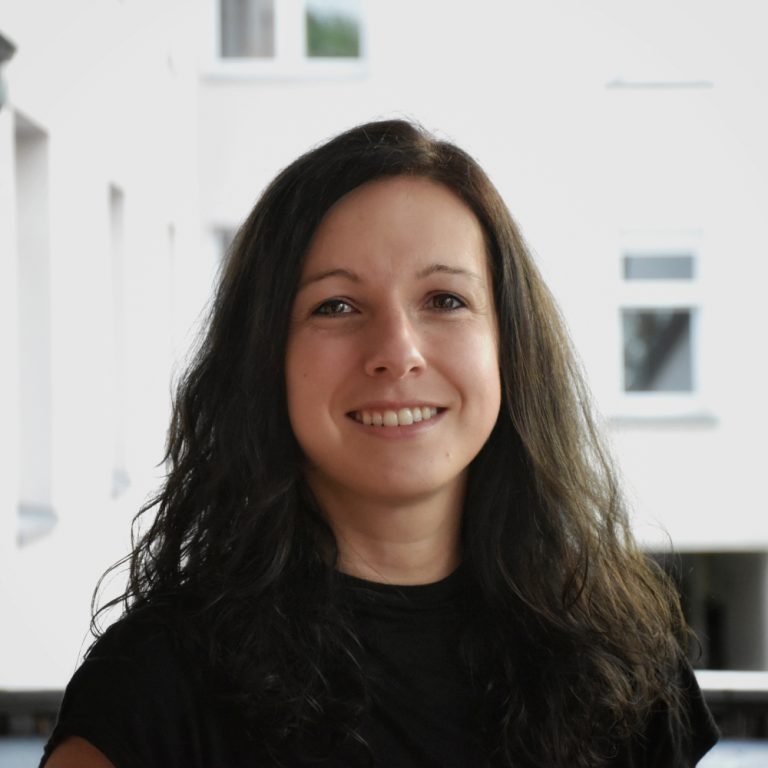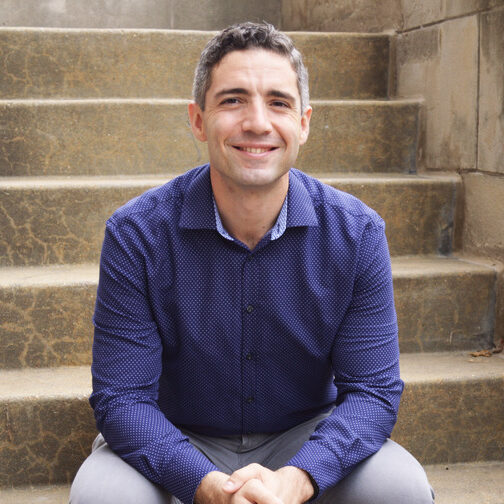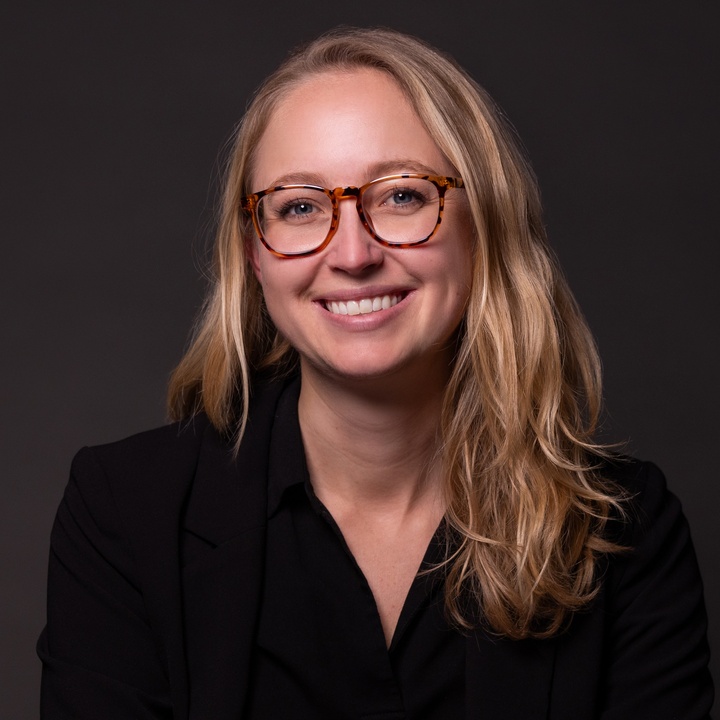
Dr. Hannah Kerner
Keynote: Flexible, multi-modal foundation models for satellite Earth observations
Bio: Hannah Kerner is an Assistant Professor in the School of Computing and Augmented Intelligence at Arizona State University. Her research focuses on advancing the foundations and applications of machine learning to foster a more sustainable, responsible, and fair future for all. As the AI Lead for NASA’s agriculture programs, NASA Harvest and NASA Acres, she is deploying research methods in real applications across the globe; her projects have directly resulted in optimized agricultural planning, disaster response, and financial relief in various regions around the world. The impact of Kerner’s research was recognized in Forbes 30 Under 30 and the International Research Centre On Artificial Intelligence’s Top 10 projects solving problems related to the UN’s Sustainable Development Goals with AI.
For more: https://hannah-rae.github.io/
